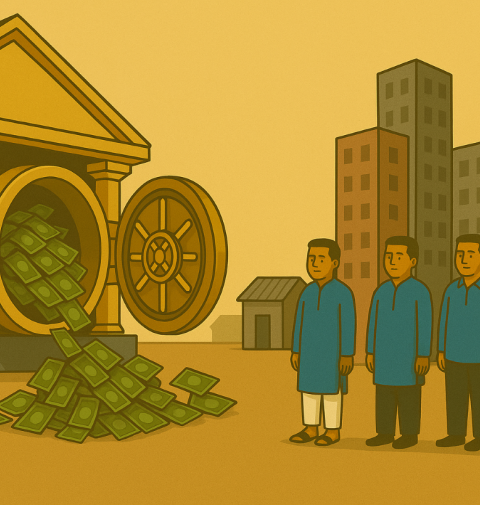
All articles
-
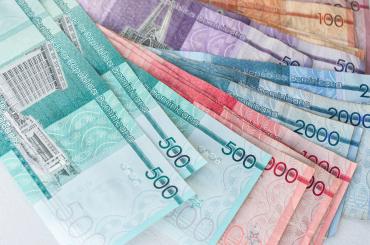
Tax amnesty: An effective tool for increasing the tax base?
Tax amnesties are a popular tool used by governments to encourage individuals and firms to partially fulfil their outstanding tax obligations, yet little is known about their effectiveness. Evidence from the Dominican Republic shows how partial forgi...
-
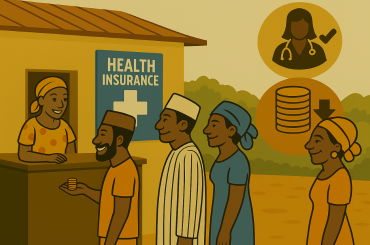
Unlocking financial protection for informal workers by bundling health insurance with microcredit
Bundling health insurance with microcredit reduced out-of-pocket health expenses by 50% among informal workers in Burkina Faso without decreasing microcredit uptake, offering a promising pathway to universal health coverage.
-
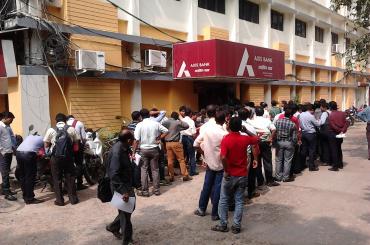
How political connections shield firms during an economic crisis
Political connections helped firms secure scarce credit, delay payments, boost investments, and grow faster following the major economic crisis in India due to demonetisation.
-

What mobile data can tell us about religion in conflict zones
New research uses mobile phone transaction data to shed light on the nature of religious adherence in Afghanistan, revealing that religiously motivated insurgent violence reduces religiosity while climate-induced income shocks increase religiosity.
-
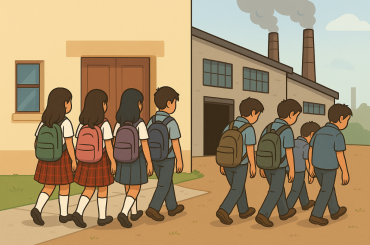
Rolling back Progresa: What happened when Mexico’s landmark cash transfer programme ended?
The sudden rollback of Mexico’s landmark conditional cash transfer programme—Prospera, formerly Progresa—affected boys’ educational outcomes disproportionately, offering lessons for policy retrenchment worldwide.
-
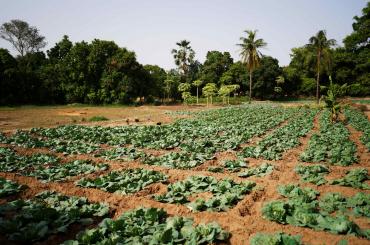
Why bundled agricultural programmes may succeed where others fail
A bundled farm programme in western Kenya boosted yields and profits for smallholders by jointly tackling credit, information, and risk constraints.
-

How family pressure shapes hiring decisions and productivity in developing countries
Many businesses in developing countries hire workers from family networks. How does redistributive pressure from family influence hiring decisions? And how do these hiring decisions affect business profits?
-
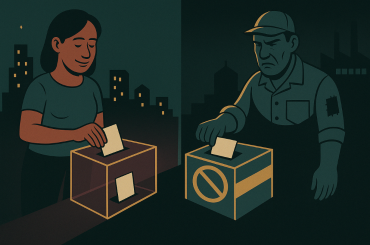
Macho politics: Gender, economics and the rise of far-right populism
An unprecedented gender gap in political preferences has emerged in many countries. Evidence from the 2018 Brazilian presidential election shows that labour market shocks which disproportionately affect men can increase support for right-wing populis...
-
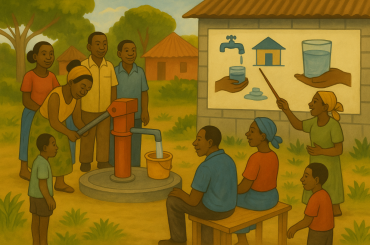
Lessons from a community-led WASH programme in the Democratic Republic of Congo
A community-led water, sanitation, and hygiene programme in the Democratic Republic of Congo improved access but was unable to protect child health. Evidence suggests that more investment in water quality may be necessary to reduce diarrheal diseases...
